Our research
All of our studies in one place
Finding out how best to treat a wrist fracture, deciding on surgery for childhood hip disease, or reducing the necessity for spinal scoliosis surgery in adolescents - we’ve got research to help.

Lead by our team
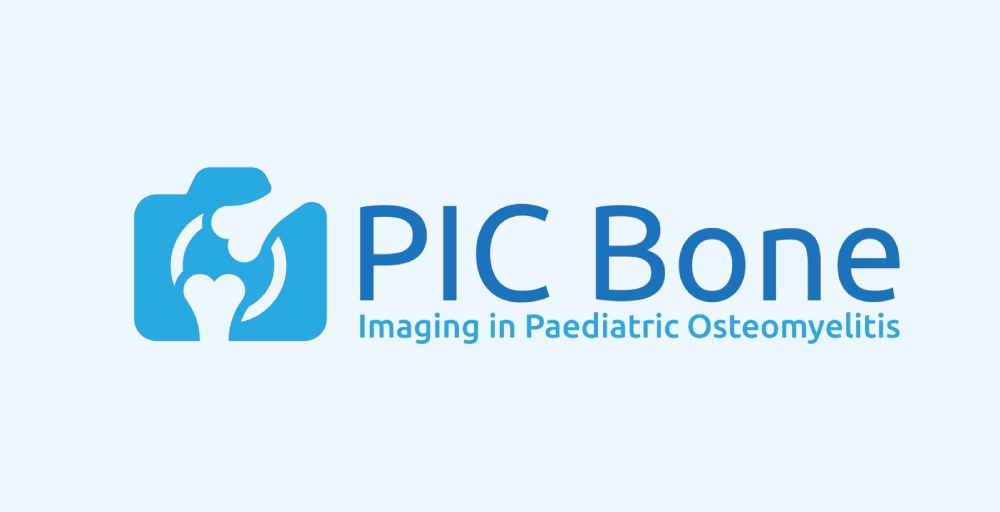
PIC Bone
A multi-centre study evaluating diagnostic and treatment pathways for bone and joint infections in children.
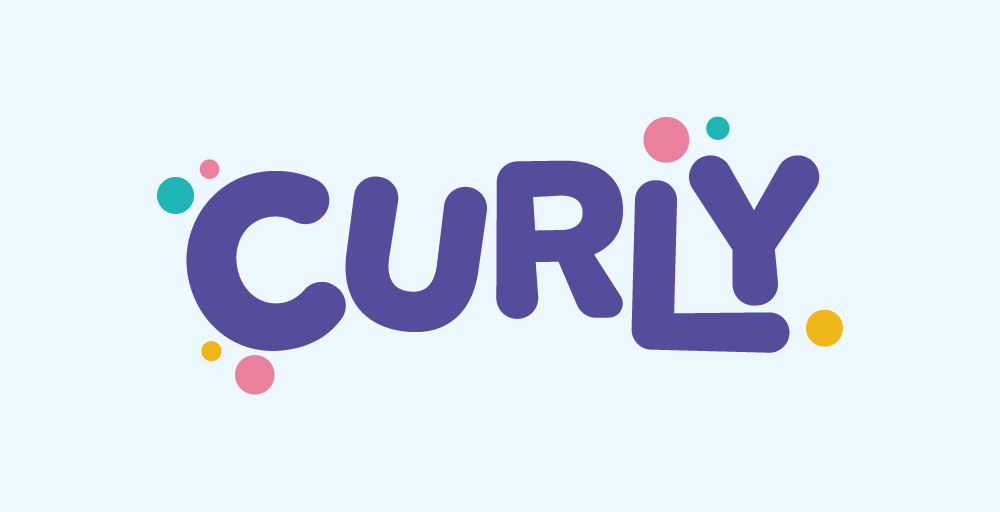
CURLY
A multi-centre, randomised trial to determine the optimal duration of cefalexin therapy for the treatment of febrile urinary tract infections in children.
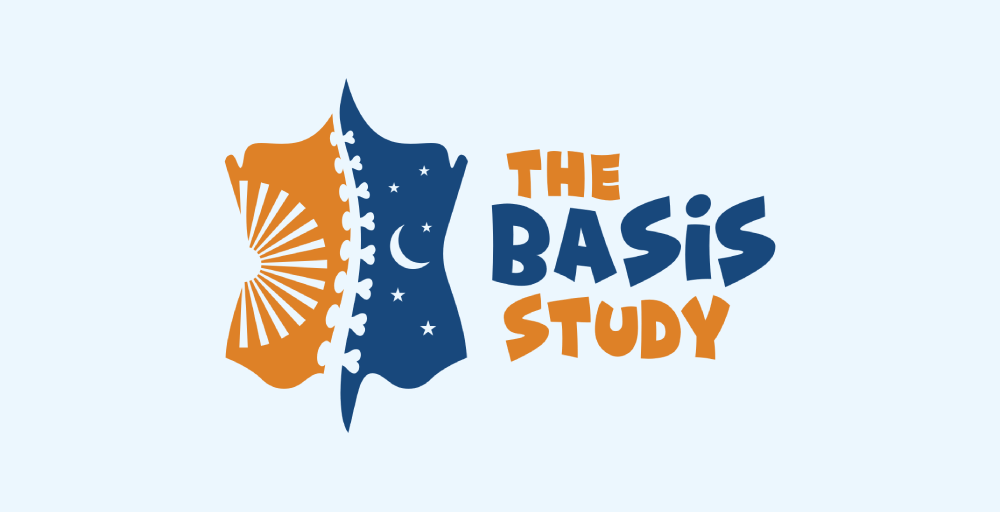
BASIS
A comparative study assessing the effectiveness of night-time bracing versus full-time bracing for adolescents with idiopathic scoliosis.
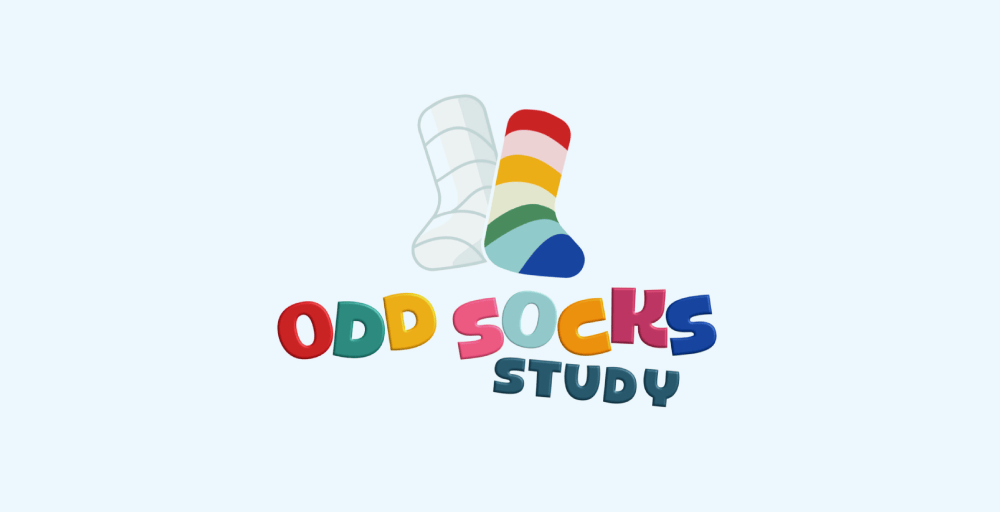
ODD SOCKS
A randomised study investigating whether displaced ankle fractures in children require surgical fixation or can be managed non-operatively.
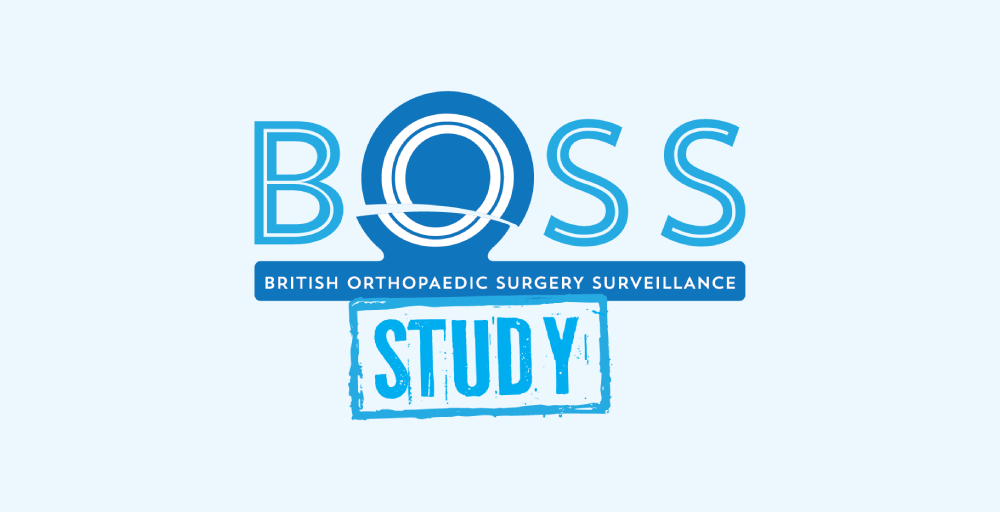
BIG BOSS
A comparative study assessing stabilisation versus reconstruction strategies for Adolescents with the Hip Disease, Slipped Capital Femoral Epiphysis
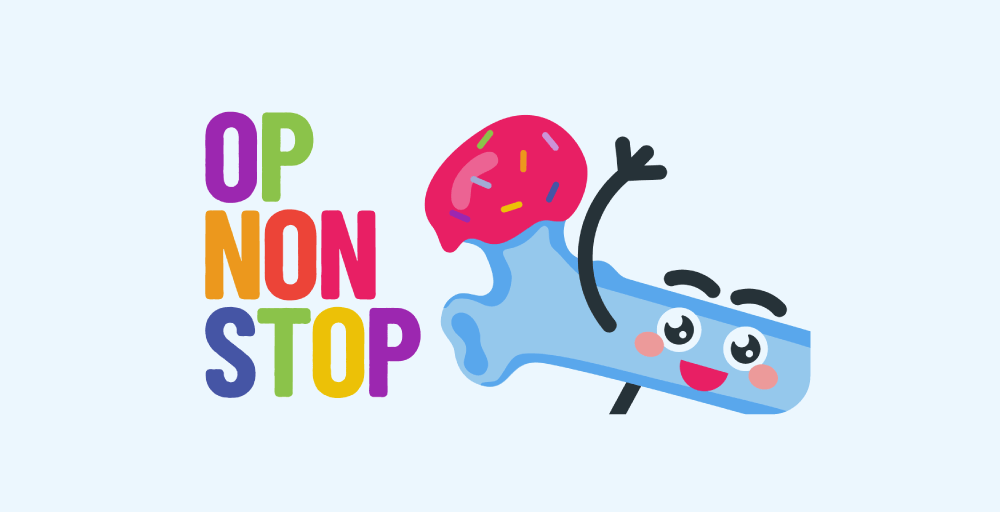
OP NON STOP
A comparative study examining surgical versus non-surgical containment strategies in the management of Perthes’ disease.
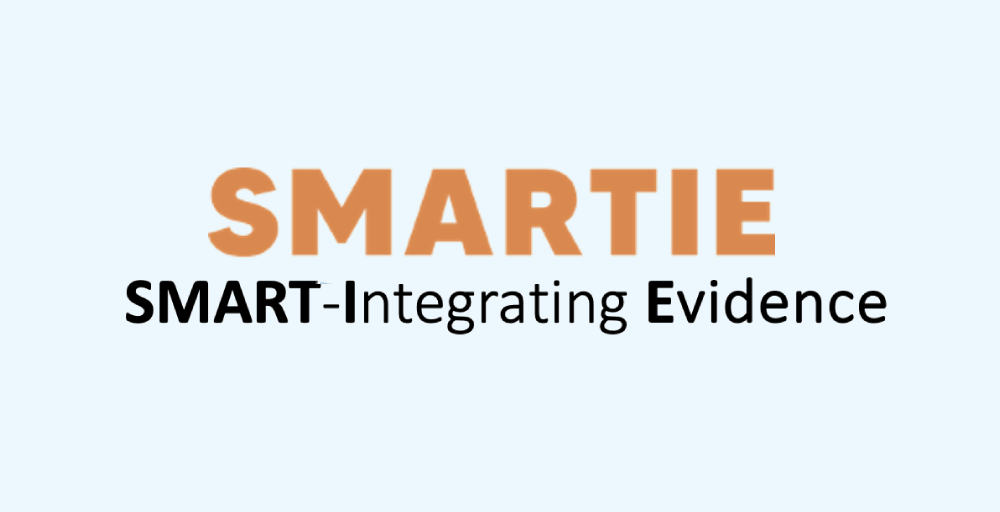
SMARTIE
A national database study using Smart4NIPE data to evaluate care pathways for infants diagnosed with developmental dysplasia of the hip.

COOL Study
A qualitative study to determine the acceptability of a family-education intervention in referral pathways for normal variants in children’s orthopaedic surgery, using Sever’s disease as an exemplar condition.

WINDY Study
A randomised multicentre feasibility study comparing gradual weaning from brace treatment with immediate cessation for developmental dysplasia of the hip.
We are co-applicants
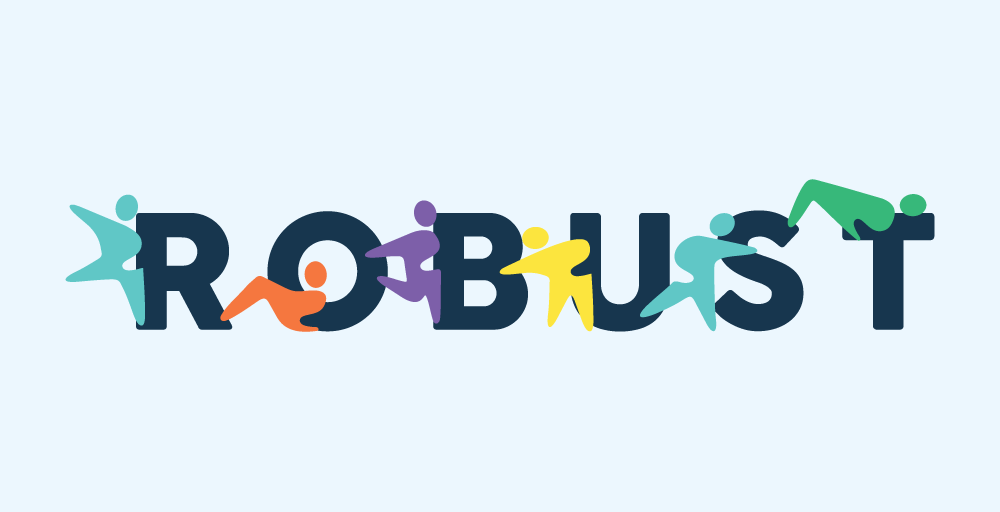
ROBUST
A randomised trial comparing progressive resistance training with usual therapy for adolescents with cerebral palsy.
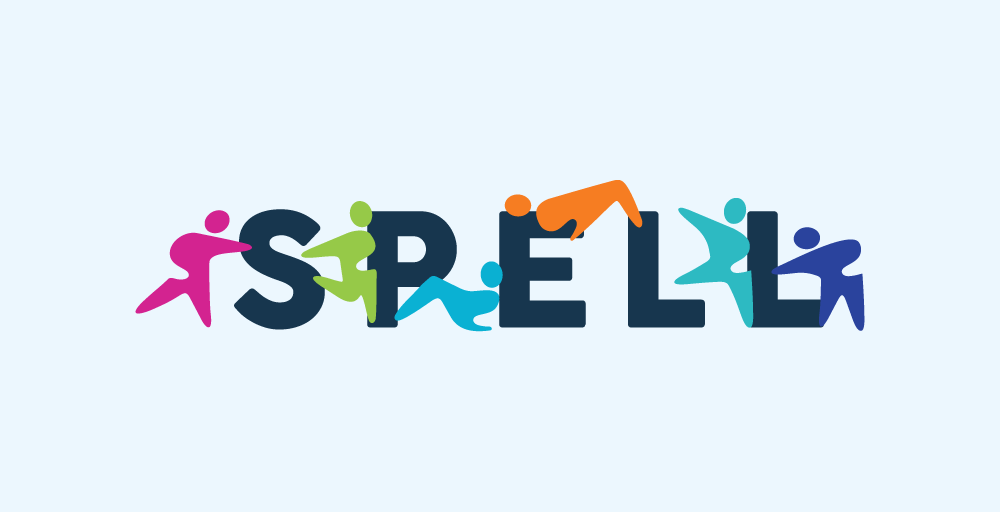
SPELL
A randomised trial evaluating dynamic stretching interventions compared with usual therapy for children with cerebral palsy.
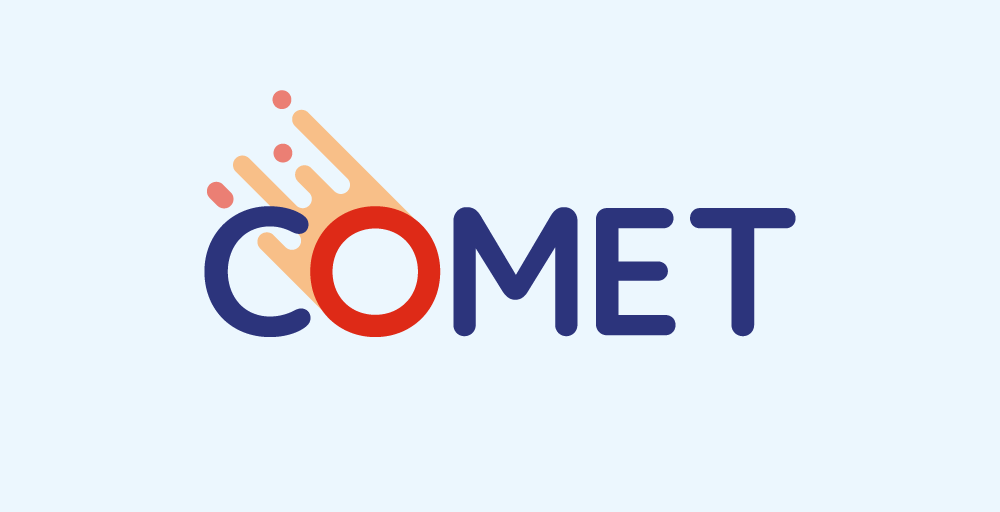
COMET
A randomised study comparing surgical fixation with cast immobilisation for medial epicondyle fractures in children's elbows.
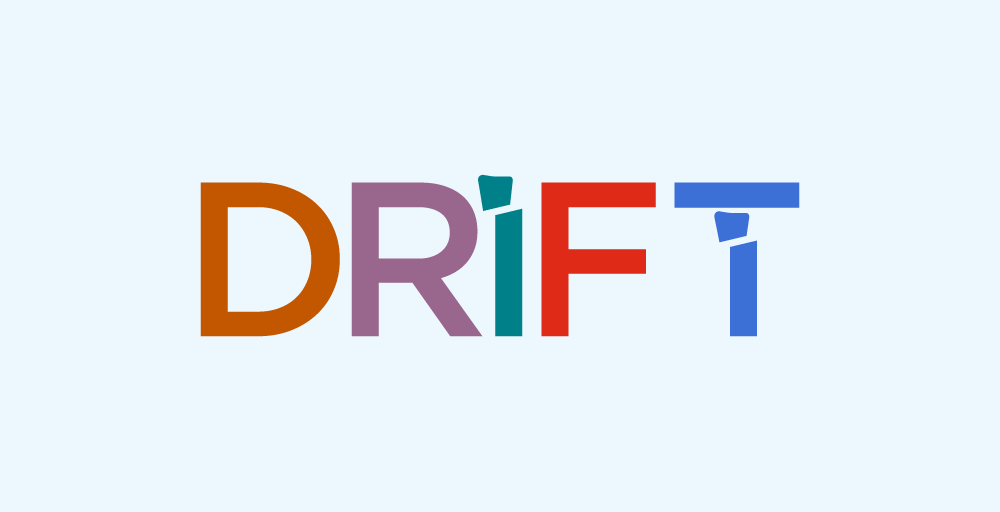
DRIFT
A comparative study assessing operative versus non-operative management of displaced distal radius fractures in children.

ToTs Study
A UK-based study comparing immobilisation with observation alone for the management of toddlers’ fractures.
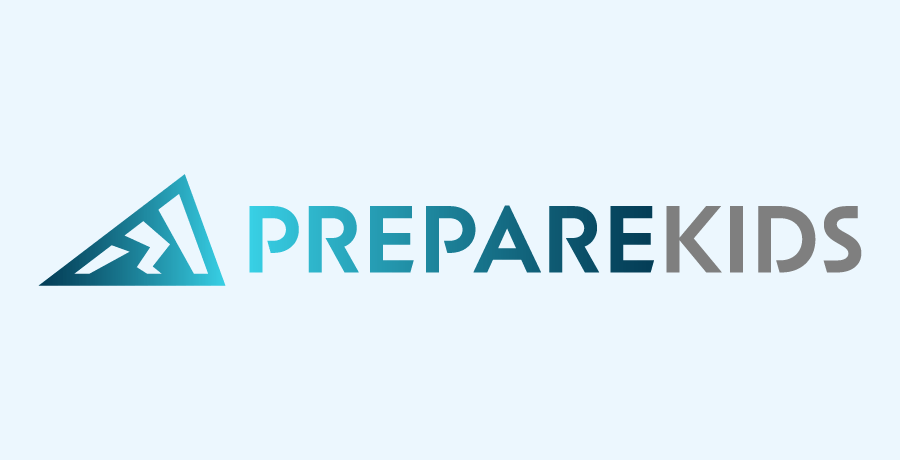
PREPARE KIDS Study
A randomised trial assessing the clinical and cost-effectiveness of a prehabilitation session delivered before elective lower-limb paediatric orthopaedic surgery.
Website in development
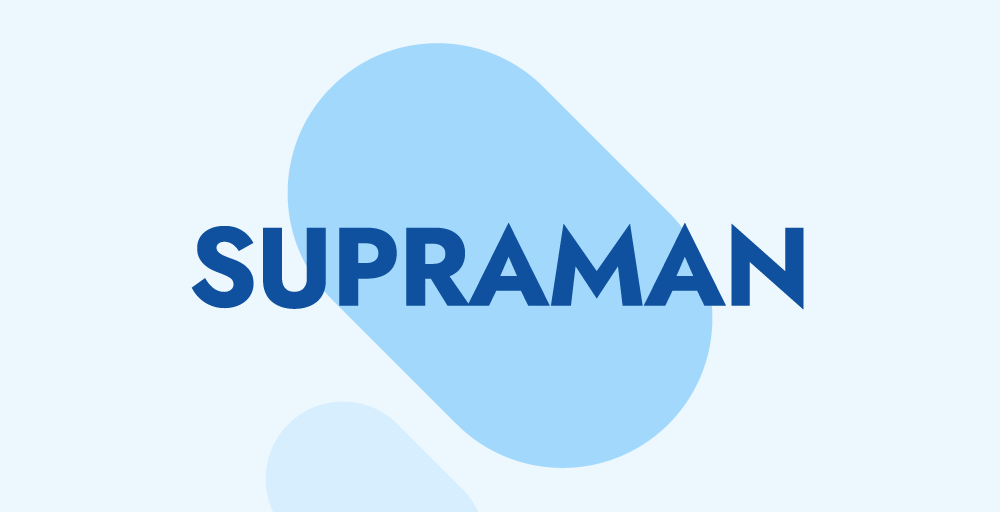
SUPRAMAN Study
Is it a bird? Is it a Plane? No, Its SUPRAMAN - the multi-centre, randomised trial about supracondylar fractures in children.
Completed research

SCIENCE
A randomised study comparing surgical management with cast immobilisation for medial epicondyle fractures in children.
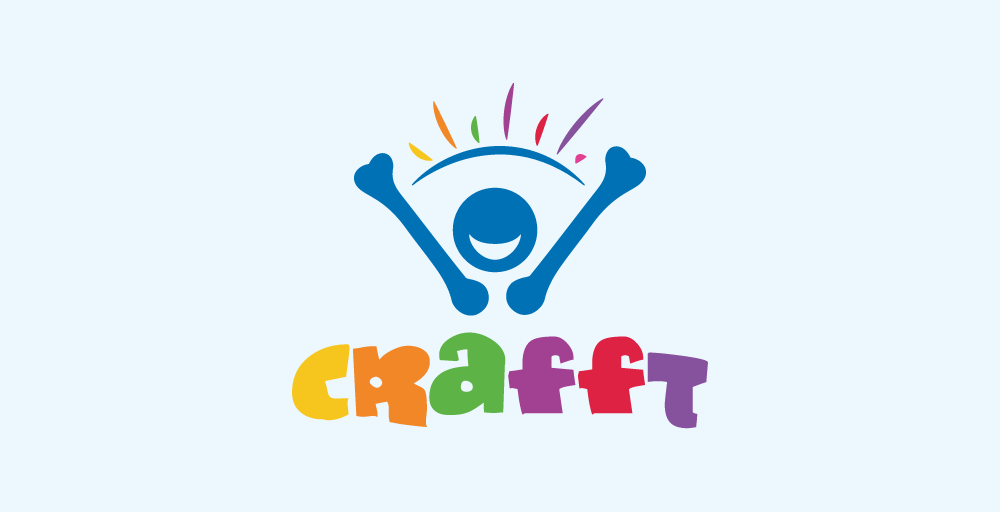
CRAFFT
A comparative study evaluating the need for surgical intervention in displaced distal radius fractures in children.
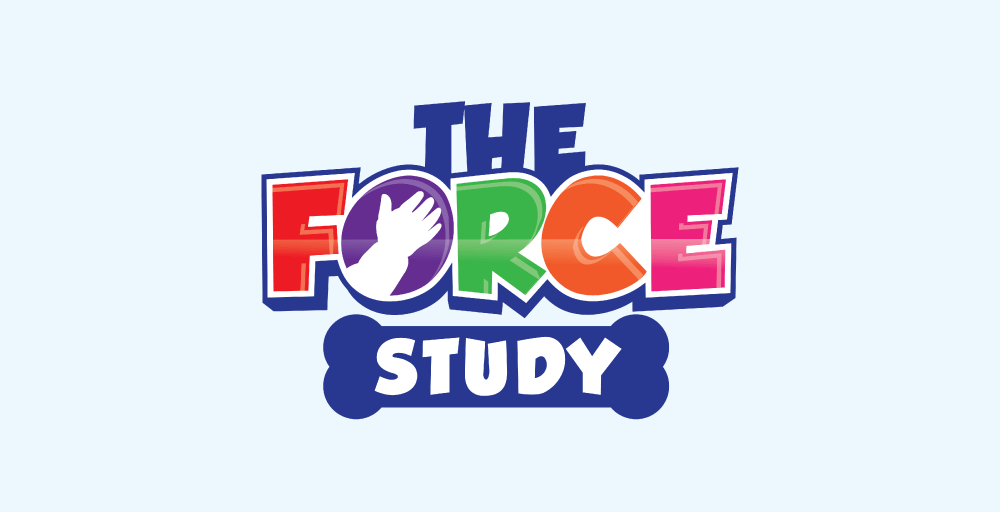
FORCE
A randomised trial investigating optimal management strategies for torus fractures of the distal radius in children.

BOSS SCFE
A national anonymised cohort study of slipped capital femoral epiphysis involving 143 hospitals, with clinician-reported outcomes collected over two years.

BOSS PERTHES
A national anonymised cohort study of Perthes’ disease of the hip across UK paediatric orthopaedic centres with two-year clinician-reported outcomes.